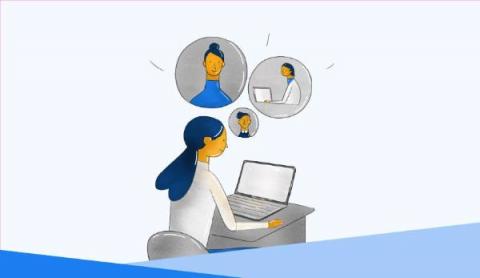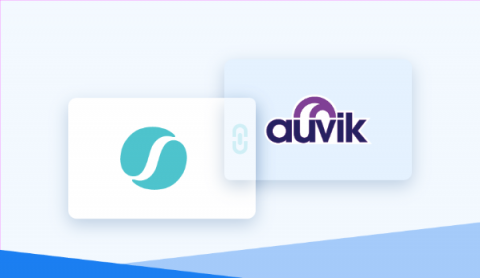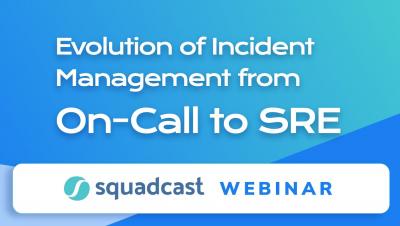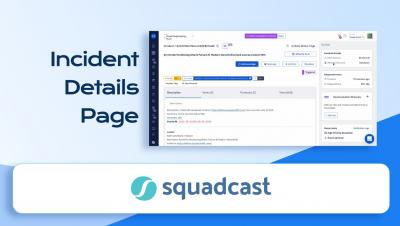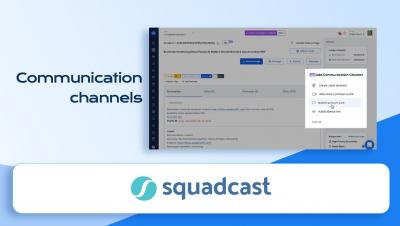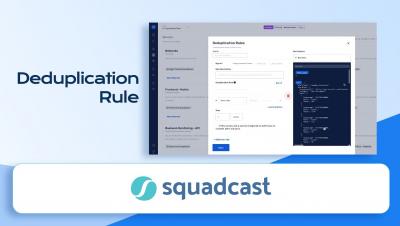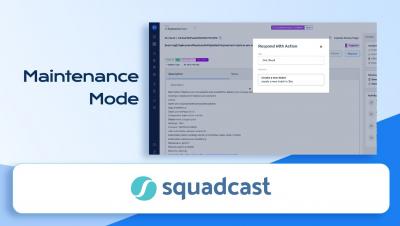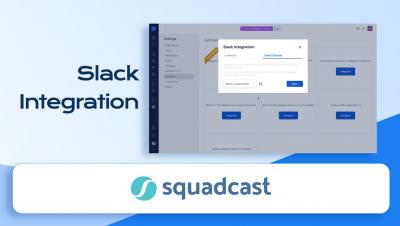The Evolution of Incident Management from On-Call to SRE
Incident Management has evolved considerably over the last couple of decades. Traditionally having been limited to just an on-call team and an alerting system, today it has evolved to include automated Incident Response combined with a complex set of SRE workflows.


